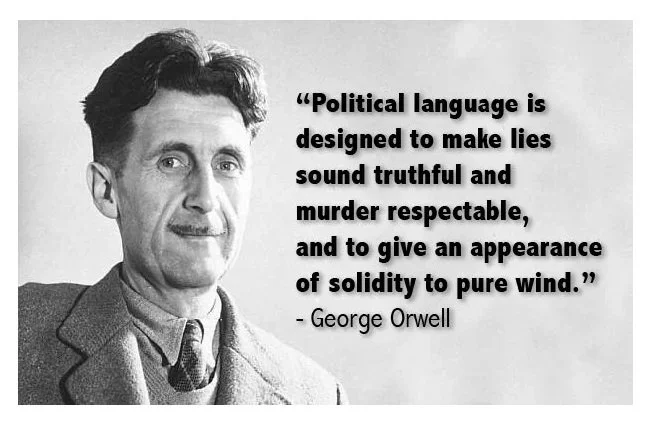How Do You Solve a Problem Like You Tube?
You Tube like any other online platform has a wealth of rules, term and conditions and other policies. Sadly, what we have seen over recent years is an organisation that has precious little inclination to use them. The facilities that are currently in place are often abused and there are no consequences for misusing the “disputes” procedure. Furthermore, there are still multiple You Tube channels that peddle hate and You Tube personalities that endure without any real sanction for their transgressions. It seems that popular You Tubers are not held to any standard but their own. There is no formal regulation from an external body for this or any other comparable platform. The rules that govern conventional media don’t apply here. It’s a classic example of the law falling behind the technology and change.
That is not to say that you can get away with anything on You Tube. Theoretically, if you cross certain lines then legal action may well be applicable. Then there is always the threat of the loss of advertising revenue, prestige and sponsorship. However, so far there has not been any major test cases where reality has bitten a wayward You Tuber on the ass for their iniquities. Even if an individual was banned from the platform and had their channel closed, they would still be walking away with their coffers bulging. More than likely, they’d simply pitch their tent elsewhere. One companies embarrassing controversy is another another’s new selling point. We see it in the tabloid press all the time. An odious pundit crosses a line and says something beyond the pale, gets sacked and subsequently gets a new gig with a rival publication. The other problem associated with such issues is the public have very short memories.
Obviously, PewDiePie AKA Felix Kjellberg and his recent behaviour has added fuel to the fire with regard to You Tubes inability to police itself effectively. The platform is now at a crossroad in its business life. The audience that You Tube serves is now so big that third parties cannot easily dispense with it. However, outside business doesn’t like the “frontier town” ethos that still permeates the online portal. The recent Adpocalype shows that advertisers don’t want to be associated with certain channels and personalities. But due to the blunt tool nature of the withholding of revenue and the nebulous criteria of what exactly is “family friendly”, there’s been a lot of collateral damage. And because of Mr Kjellberg’s stupidity we see the use of weaponised DMCA takedowns raising their ugly head once again.
The main risks at present are twofold. You Tube will take action but in a knee jerk fashion, imposing draconian rules and effectively queering the pitch for all parties regardless of what side of the line they are on. Alternatively, if they prevaricate any longer someone outside may step in to deal with the situation. For example, if some idiot is dragged into court, the somewhat grey area of “fair use” which is the foundation of so much content on You Tube, could be scrutinised and a more definitive ruling made. If a precedent is set and it is not a favourable one regarding this catchall term, then it could mean that a hell of a lot of content and channels go the way of the Dodo. Furthermore, such drama and shenanigans could attract the attention of the political classes and the last thing we need is for things like You Tube and Streaming to fall under their remit in any way.
To avoid catastrophe, You Tube should act now but act in a sensible measured way. As a company, it need to start policing its own backyard in a viable fashion. That means not rely on automated procedure that can be gamed but employing moderators who work to a clear set of guidelines. When someone transgresses the rules, action should be swift and clearly explained as to why it has been taken. There also needs to be a fair appeals procedure to ensure that the door swings both ways. Yes, such an undertaking means spending money but considering the alternative, allocating resources wisely now may prevent a massive loss in revenue later. Also, Joe Public needs to up their game and stop cutting offenders so much slack. We as viewers need to stop sitting of the fence and hedging are bets for our own personal convenience. Sooner or later we all need to pick a side, like it or not.
Finally, a few words about PewDiePie. Everyone makes mistakes. I believe in giving people a fair hearing and a second chance where appropriate. Sadly, this individual has proven to be a repeat offender. If your go to curse of choice is a racial slur, then that frankly speaks volumes to me. As far as I’m concerned “I didn’t mean it in a bad way” is the 21st Century Nuremberg defence. You cannot divorce this word from its racially pejorative roots. It exactly the same as calling something “gay”. You may think you’re simply implying that something is not good but you are establishing your proposition by equating being gay as something inherently bad. Considering the diversity of profanity available in the English language, if you wish to express disdain then there are plenty of alternatives words that do not have the same complex socio-political heritage of the term Mr Kjellberg chose to use.
I have seen the term “influencers” bandied about with regard to You Tube and the likes of PewDiePie. It’s a very vague term like so much of the marketing speak we have to endure these days. Its greatest weakness seems to be in the way it is allocated. To be an “influencer” you just need to have a large following. There is no requirement for expertise and talent is a broad and subjective term. It’s time for business to rethink the nature of “influencers” and perhaps reconsider who they show favour too. It is naïve to expect ethics and integrity by default. If you require these virtues then it is incumbent upon you to establish their existence beforehand in those you groom for fame and fortune. However, when one considers the track record of the gaming industry, advertisers and You Tube themselves, I cannot help but be somewhat sceptical that these groups will tackle their respective problems with any degree of success.




























